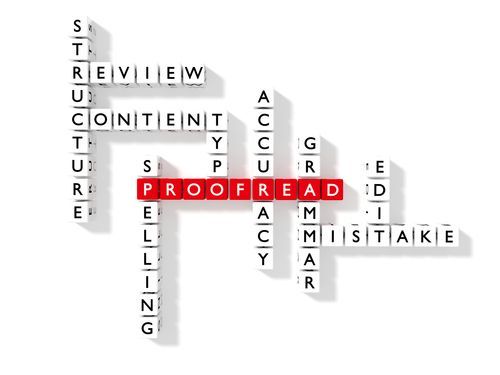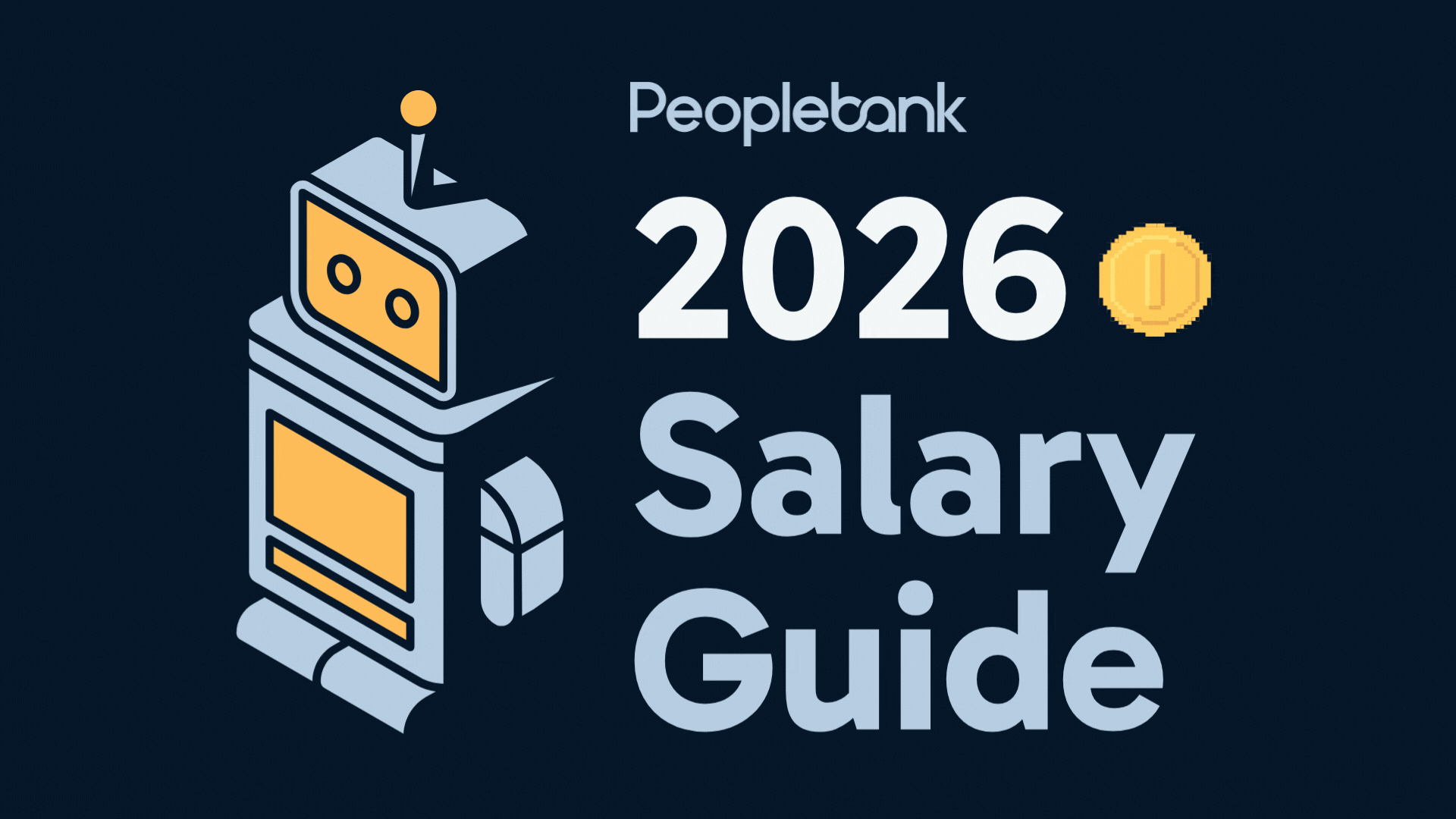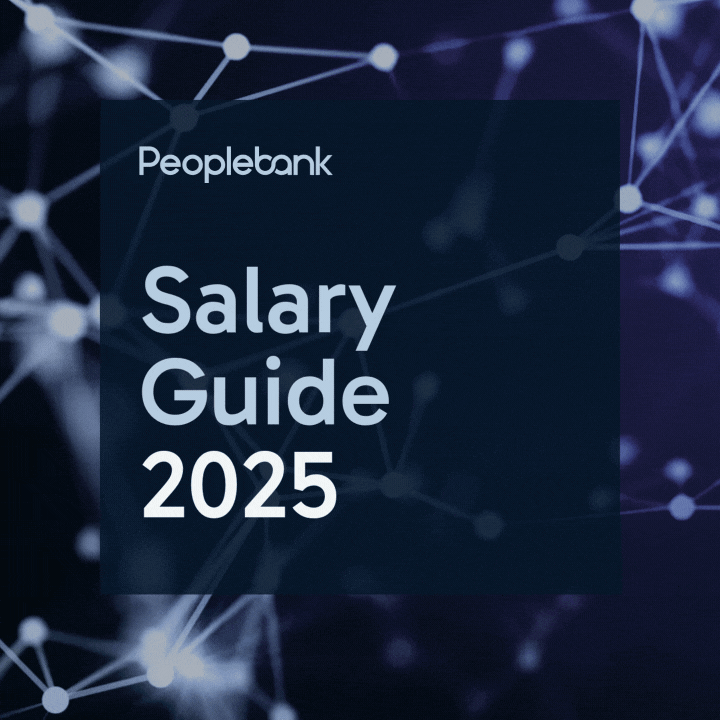Must Do's and Don'ts for writing a Cover Letter
There is a long ongoing debate about whether the cover letter is still necessary. I’ve come to realise that perhaps for some roles or professions, the cover letter won’t play a huge part whereas for others it’s a must. So, do you have to write one, or don’t you? The best indicator is usually outlined in the job ad. Most places that believe cover letters are important will state so. I’ve come across many companies that wouldn’t even look at my resume without one. Others might explicitly state not to include one. More technical jobs might not require a cover letter as your skills and experience would clearly be outlined in your resume. But what if there isn’t a clarification in the job ad? What if there’s the option to write one and the option not to?
My best advice is to write one anyway! For one thing, the cover letter can outline more than what your resume can about the kind of worker you are. It also proves that you’re not afraid (or too lazy) to put in extra work. If there are gaps in your work history, you can use a cover letter to explain this. Most importantly you can show your personality. Here are a few do’s and don’ts to help you write a good cover letter.
Don’t
Write a carbon copy (of every other cover letter that ever existed)
Sometimes it’s hard to know where to start. We search on google and find a few templates and we go from there. There’s nothing wrong with that! In fact, a template is a good start. But a template shouldn’t be recognisable by the time you are done with it. Maybe the simple appearance on the page will be similar but the words should entirely be your own. Otherwise, you’re defeating the whole purpose of inserting personality into the document. Be honest and be yourself. Here’s an example from Jesse Hertzberg at Squarespace (the best cover letter he has ever read). Pretty impressive that it’s the best considering it mentioned the f-bomb… more than once. (I’m not saying that’s a good idea) but it’s a shining example of a cover letter with personal flavour.

Focus on what the job can do for you
Avoid selfishness at all costs. The hiring manager will already know the place and position will be beneficial to your career. Don’t speak too much about why the job is perfect for you, it’s more important that the company can see why you’re perfect for them. Make sure you write about your own capabilities that reflect key aspects in the job ad.
Write a regurgitation of your resume
We don’t want anyone to experience Deja Vu when they read your resume after your cover letter. Firstly, that’s a snooze fest, and secondly, it means that your cover letter isn’t adding any value. The key in a cover letter is to have some focus. What are your best highlights? What can you bring to the table? What about you is different? After all, there will be a lot of other applications from people who probably have the same key experience and skills necessary for the job. Make yourself stand out from the crowd.
Have grammatical errors
The tricky thing about a cover letter is that if one small thing is wrong (such as a grammatical error) it can be thrown straight into the bin along with your resume. No pressure... The most valuable advice (and the most common) is to spell check everything manually, check the company name is spelled correctly and that the document is simply well written. Even get someone else to proofread it if you can.

Highlight inexperience
For most, it’s an instinct to give a reason when we don’t fit all the experience criteria. Often, when we write ‘Even though I haven’t…’ it comes off as apologetic and stands out more than whatever justification that follows. It’s better not to mention it at all. They’ll see that when they get to your resume. Hopefully, you have impressed them enough with other achievements and experience that they will give you a chance. Otherwise, even if you don’t have the job experience that coincides, you can explain a non-job-related experience in which you needed the same skills or qualities.
Do
Write what you can do for the company
This can get a little confusing. Don’t we put what we can do for the company on our resume too? Yes. But in a different way. Our resume is much shorter and briefer than a cover letter. We state what we’ve achieved and then let the company use their imagination to see what these achievements can do within their workplace. In a cover letter, you can be more straightforward, you can tell them what value you will add. It’s also a great way to include a casual testimonial about yourself from a previous employer or colleague. This not only counts as a good self-endorsement, but it personalises you and will make the employer view you as someone open to collaboration and teamwork.
Include personality
I mentioned earlier how important personality is. It can remove the robotic nature of professional documents such as resumes and cover letters and makes them more fun than they are. It’s wise to keep a professional tone (especially for highly corporate positions) but personality is a major indication of difference from others when job searching. Personality isn’t only shown through your tone of writing or your accomplishments but also through passion. It will never hurt to show some enthusiasm for your work and for the company. Don’t be afraid to let your self shine through.

Be succinct
Keep it as short and refined as you can. Never go over one page. In fact, try to keep it to three paragraphs maximum. If you don’t know who to address then don’t address anybody, get straight into it. A hiring manager knows the document is for them. When proofreading and editing make sure there are no unnecessary sentences.
Now that you have the tools for a killer cover letter, here are some simple tips for a perfect resume.






















